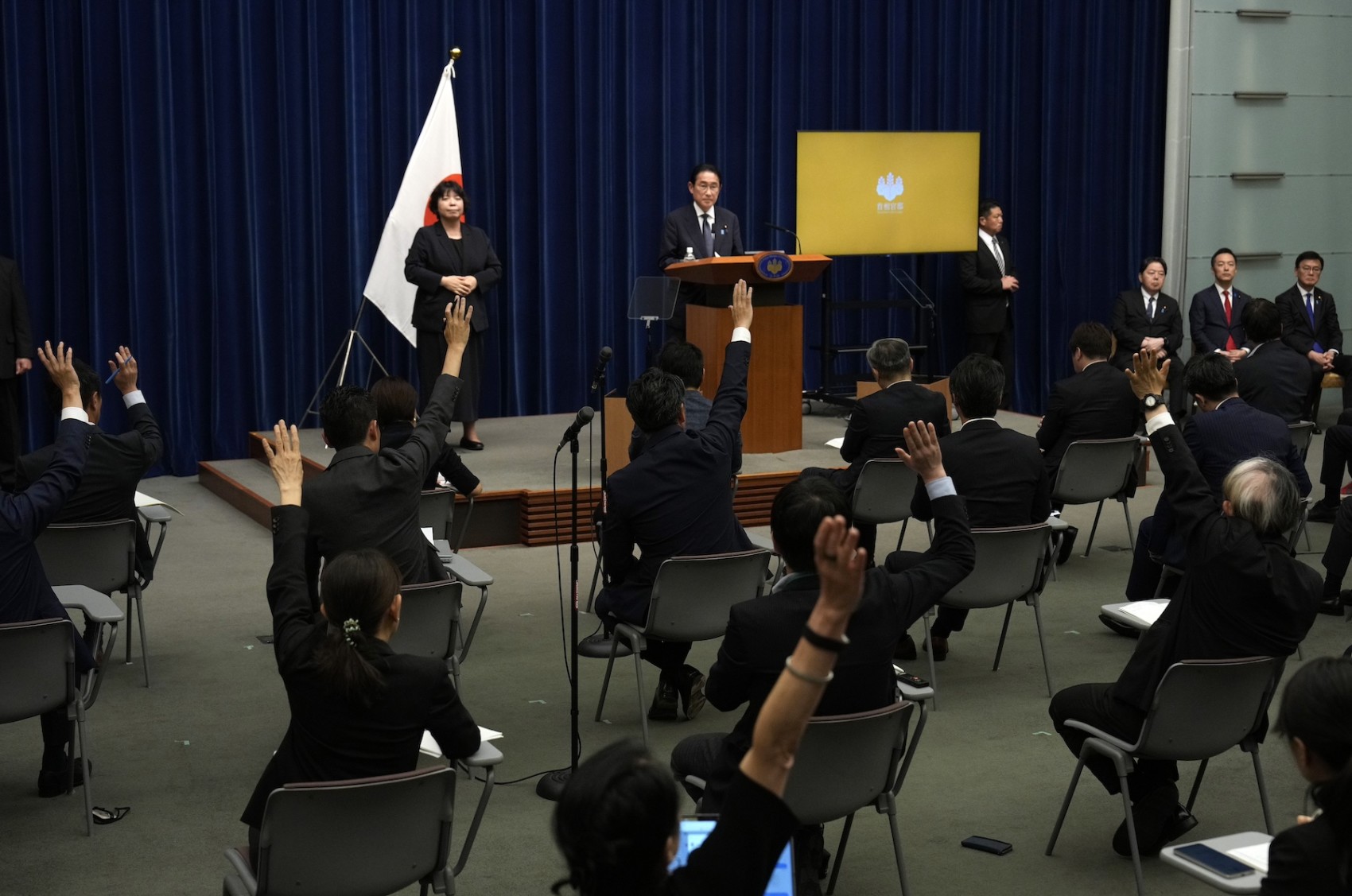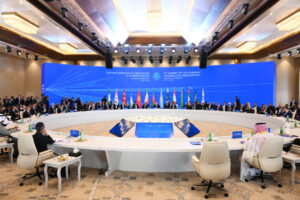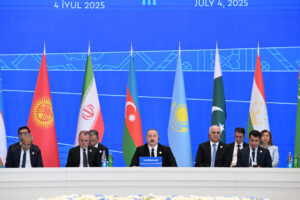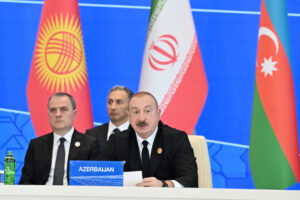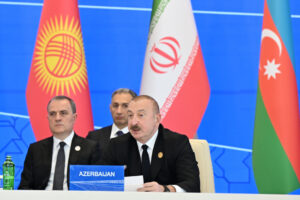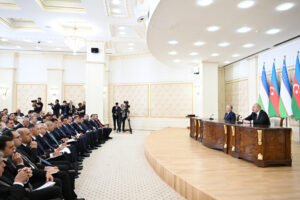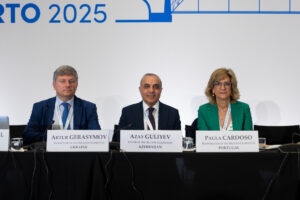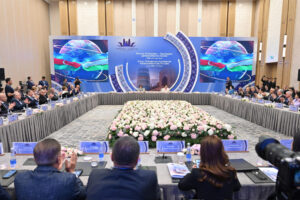Tokyo, 22 June, /AJMEDIA/
Japanese Prime Minister Fumio Kishida reiterated Friday that he will concentrate on tackling issues that “cannot be postponed,” ruling out the possibility of dissolving the House of Representatives for a snap election in the near future.
Kishida, apparently intent on being reelected as the leader of the ruling Liberal Democratic Party in its presidential race around September, also said he will move ahead with policies on economic growth, diplomacy and security during his tenure.
At a press conference following the effective closure of this year’s 150-day ordinary parliamentary session, he said he plans to attend a North Atlantic Treaty Organization summit in July and a meeting with leaders from five Central Asian countries in August.
“I have a lot of energy. I wouldn’t say I’m tired,” Kishida said. Asked how he evaluates his accomplishments since taking office in October 2021, he said, “I’m still halfway. I believe it’s important to make efforts to achieve results.”
Kishida said the government will draw up fresh inflation-relief steps sometime around this fall, including cash handouts for struggling households.
He said existing government subsidies aimed at lowering utility bills for households will remain in place. He did not reveal how the measures will be funded.
The announcement came as Kishida has been struggling to shore up public support for his cabinet amid growing voter frustration over his handling of a political funds scandal and the inflation-hit economy.
Kishida, who also heads the ruling Liberal Democratic Party, has so far dismissed speculation that he will soon dissolve the lower house for a snap election.
Under the plan unveiled by Kishida, the government will reinstate support to curb electricity and gas bills for households between August and October, when summer-related energy demand tends to increase.
Government subsidies provided to oil wholesalers to limit the rise in retail gasoline prices will remain until the end of the year.
Kishida stressed the need for government support to reach the vulnerable, such as households living on pensions and small firms.
“As inflation remains elevated, we will need to consider assistance to those who may be left out,” Kishida told the press conference to mark the effective end of the 150-day regular Diet session.
“The provision of gasoline, electricity and gas subsidies goes against our move toward decarbonization and cannot continue forever. But we are keeping them only this time as rising prices have directly hit regional economies and low-income households,” he added.
Japan’s inflation has been much slower than in other countries like the United States, where central banks have aggressively raised interest rates.
Most of Japan’s price gains have been attributed to higher imported energy and raw materials costs, which have been exacerbated by a weak yen.
Consumer inflation has been at or above the Bank of Japan’s 2 percent target. It rose 2.5 percent in May from a year earlier, excluding volatile fresh food, according to government data released Friday.
Kishida said the new energy-related measures will be designed to lower monthly consumer prices by an average of 0.5 percentage point or more.
Kishida, meanwhile, voiced his willingness to revise the Constitution, which has remained unchanged for 77 years, saying, “It is the responsibility of politics to provide an opportunity to consider amendments in response to the demands of the times.”
Drafted by U.S.-led occupation forces after World War II, Japan’s Constitution has never been revised since it took effect in 1947, nor has a bid to initiate a formal amendment process ever been made due in part to the high hurdle for proposals in parliament.
The ruling coalition of the LDP and its junior partner, the Komeito party, needs the help of some opposition forces to secure two-thirds majorities in both houses of the Diet before amendment proposals can be put to a national referendum.
While Kishida has not elaborated on the details of how he wants to revise the Constitution, some political experts say it cannot be amended under his leadership as the approval ratings for his Cabinet have plunged to their lowest levels since it was launched.

